In the realm of public health, few issues have sparked as much controversy and debate as the topic of vaccination. Recently, Health and Human Services Secretary Robert F. Kennedy Jr. has found himself at the center of a storm of conflicting opinions and accusations regarding his stance on the measles vaccine. This week, Kennedy made what can only be described as his most forceful endorsement yet of the measles vaccine, a surprising turn given his extensive history of opposing it. His recent statements have not only baffled many but also raised critical questions about the nature of his advocacy and the implications for public health policy.
A Sudden Shift in Rhetoric
Kennedy’s recent endorsement of the measles vaccine comes in the wake of a troubling outbreak that has claimed three lives and infected over 600 people across the United States. In a statement that seemed to break with his past, he declared the measles-mumps-rubella (MMR) vaccine to be “the most effective way to prevent the spread of measles.” This assertion, while scientifically sound, was met with outrage from those who had long supported his anti-vaccine positions. Mary Holland, CEO of the anti-vaccine group Children’s Health Defense, expressed her disappointment in a video statement, highlighting the perceived betrayal of Kennedy’s shift. Holland, who has long championed Kennedy as a leader in the anti-vaccine movement, reiterated the debunked claim that the MMR vaccine causes autism, a myth that has been thoroughly discredited by the scientific community.
The Complexity of Kennedy’s Past Advocacy
Kennedy’s history with the MMR vaccine is a complex tapestry of contradictions. For years, he has been a vocal critic of the vaccine, engaging in legal battles and spreading misinformation about its safety. His lawsuit against the state of New York over vaccine mandates and his numerous claims that the MMR vaccine is both dangerous and unnecessary have solidified his reputation as an anti-vaccine advocate. This background makes his recent endorsement all the more perplexing.
In a Fox News interview, Kennedy further complicated his stance by suggesting that it is “very hard to tell” whether the measles deaths this year could have been prevented through vaccination. He emphasized the need to improve treatment for those who contract the disease, rather than focusing solely on vaccination as the solution. This nuanced position, while seemingly more balanced, still raises questions about his commitment to evidence-based public health measures.
The Origins of the Anti-Vaccine Narrative
Kennedy’s skepticism about the MMR vaccine can be traced back to the infamous 1998 study by Andrew Wakefield, which falsely linked the vaccine to autism. Despite the study being retracted and Wakefield being disbarred, Kennedy has continued to defend this debunked research. In his 2023 book “Vax-Unvax,” co-authored with Brian Hooker, Kennedy and Hooker attempted to cast doubt on the scientific consensus by suggesting that Wakefield’s study merely pointed out the timing of the vaccine before the onset of symptoms, rather than establishing a causal link. This rhetorical sleight of hand has been a hallmark of Kennedy’s approach, allowing him to sow doubt without directly contradicting the overwhelming evidence against him.
Misinformation and Public Perception
Kennedy’s rhetoric has often relied on selective interpretation of data and the dissemination of misleading information. For instance, he has claimed that the MMR vaccine has an “unconscionably high injury rate,” citing a mid-1970s study that suggested gastrointestinal and respiratory complications. By highlighting these potential side effects, Kennedy has attempted to persuade the public that the risks of vaccination outweigh the benefits. This strategy is particularly effective in an era where misinformation spreads rapidly through social media and other platforms.
Moreover, Kennedy has repeatedly asserted that the MMR vaccine causes the same illnesses as measles itself and leads to “deaths every year.” Such claims are not only factually inaccurate but also dangerously misleading. According to the Infectious Disease Society of America, there have been no reported deaths from the vaccine among healthy individuals. By equating the risks of the vaccine with those of the disease itself, Kennedy undermines public confidence in a crucial public health intervention.
The Impact on Public Health
The consequences of Kennedy’s rhetoric extend beyond mere debate; they have real-world implications for public health. His statements have contributed to a climate of fear and mistrust surrounding vaccines, leading to lower vaccination rates and increased vulnerability to outbreaks. In the United States, the recent measles outbreak is a stark reminder of the dangers of vaccine hesitancy. The three deaths reported this year, all of which occurred in unvaccinated individuals, highlight the critical importance of vaccination in preventing the spread of infectious diseases.
Kennedy’s insistence that measles outbreaks are not unusual and that the disease is not severe in healthy people further complicates efforts to promote vaccination. His claims that deaths from measles are due to other causes, such as malnutrition, rather than the disease itself, are not supported by evidence. In fact, state health departments have reported no underlying health conditions in the recent measles fatalities, underscoring the deadly nature of the disease even in otherwise healthy individuals.
The Role of Public Figures in Shaping Public Opinion
As a prominent public figure, Kennedy’s statements carry significant weight. His endorsement of the MMR vaccine, while a positive step, is overshadowed by his long history of opposition. The challenge lies in reconciling his past actions with his current statements and in rebuilding public trust in the face of widespread misinformation.
In his role as Health and Human Services Secretary, Kennedy has the opportunity to lead a more informed and evidence-based conversation about vaccination. However, his continued insistence that vaccination should be a choice, rather than a public health mandate, reflects a fundamental misunderstanding of the collective benefits of immunization. Vaccination is not merely a personal choice; it is a public health imperative that protects vulnerable populations and prevents the spread of deadly diseases.
Navigating the Path Forward
Robert F. Kennedy Jr.’s recent endorsement of the MMR vaccine represents a potential turning point in the ongoing debate over vaccination. However, it is essential to recognize the complexity of his past advocacy and the impact of his rhetoric on public perception. As we navigate the path forward, it is crucial to prioritize evidence-based public health measures and to address the root causes of vaccine hesitancy.
Kennedy’s journey from anti-vaccine advocate to reluctant supporter of the MMR vaccine serves as a reminder of the power of public figures to shape public opinion. While his recent statements are a step in the right direction, the road to widespread vaccination and public health safety is still fraught with challenges. It is up to all of us, as members of society, to advocate for the truth, support scientific research, and ensure that our public health policies are grounded in evidence and compassion. Only then can we hope to overcome the challenges posed by vaccine hesitancy and protect the health and well-being of our communities.

By Samuel Cooper/Apr 16, 2025

By James Moore/Apr 16, 2025
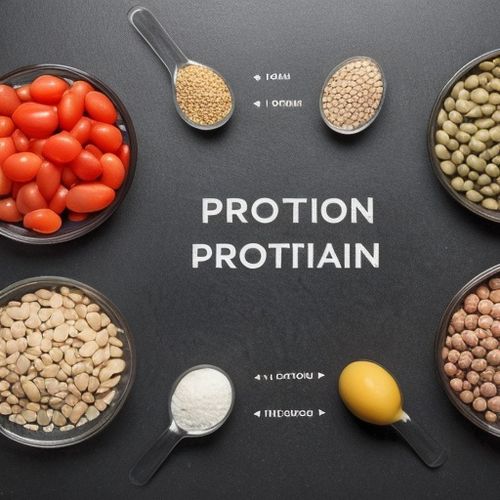
By Sophia Lewis/Apr 16, 2025

By Michael Brown/Apr 16, 2025
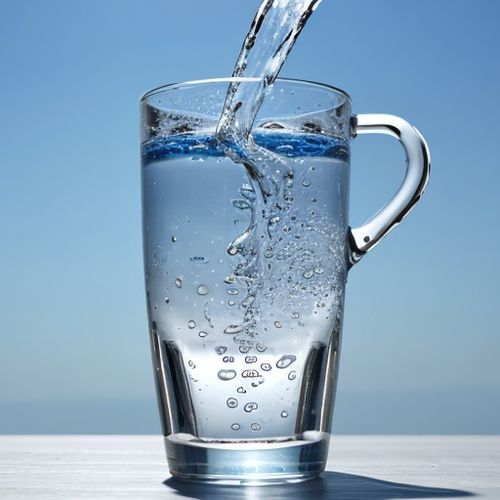
By Christopher Harris/Apr 16, 2025

By Natalie Campbell/Apr 16, 2025

By George Bailey/Apr 16, 2025

By Thomas Roberts/Apr 16, 2025

By Natalie Campbell/Apr 16, 2025

By John Smith/Apr 16, 2025

By Emma Thompson/Apr 15, 2025

By Lily Simpson/Apr 15, 2025

By Noah Bell/Apr 15, 2025

By Victoria Gonzalez/Apr 15, 2025
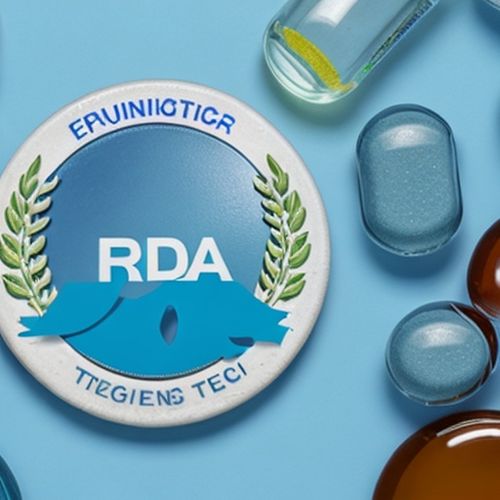
By Benjamin Evans/Apr 15, 2025

By Joshua Howard/Apr 15, 2025
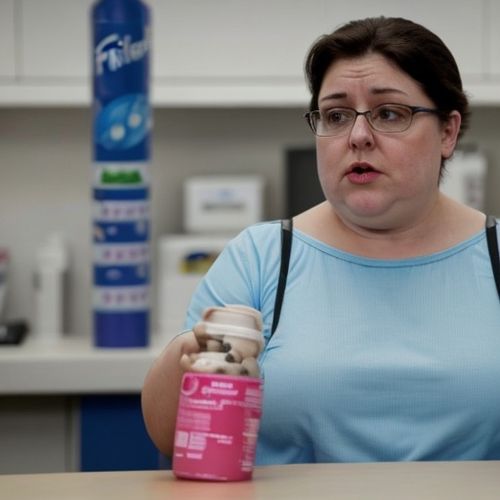
By Daniel Scott/Apr 15, 2025

By Amanda Phillips/Apr 15, 2025

By James Moore/Apr 15, 2025
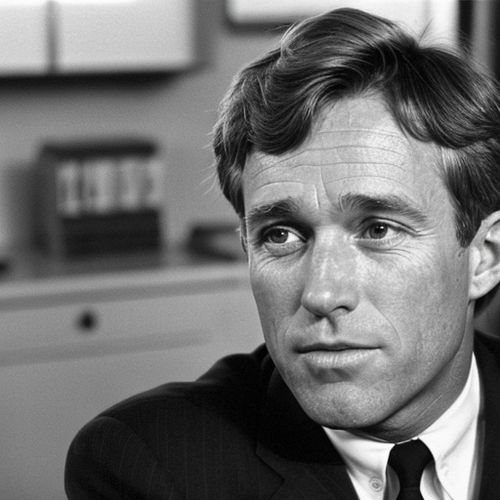
By Grace Cox/Apr 15, 2025